|
Oliver Langmead, Metronome, Unsung Stories, 2017. "And then he woke up and it was all just a dream..." is probably the most pointless and infuriating sentence I can read. Except that it's the premise of Metronome, by Oliver Langmead and that, far from being pointless and infuriating, it leads to a poetical and gripping fantasy tale. To keep it short: it's made of awesome... William Manderlay is an old man, suffering from arthritis and living in a home. In his youth, he was a sailor and a composer. One night, he experiences a vivid dream, in which he meets a young man named March who saves him from nightmarish creatures. March is a Sleepwalker, a dreamer whose task is to kill nightmares and he decides to take care of Manderlay. William explores the dreamworld, going to the dazzling city of Babel. He also meets June, another Sleepwalker, who thinks an album Manderlay composed years ago will lead her to Solomon's Eye, a fabled prison within the dream world. But her reasons for going there appear to be far from good. There is, in Metronome, a real sense of adventure: going on the clockwork skyship that gives its name to the novel, exploring the different dream worlds, full of original creatures... It reminded me of Diana Wynne Jones' stories (and particularly of two of my favourites: The Homeward Bounders and The Merlin's Conspiracy). But Metronome uses an horror imagery (without never falling into horror) she never approached. The themes of death and old age lingering all through the novel also are unexpected but wonderfully done. The dream world works, as long as you don't try to think too hard about it, in which case it can fall apart on some aspects. The same goes for some characters' motivations. But as far as I'm concerned, I'm happy to gloss over a few fraying edges if the writing, the story and the characters are able to draw me in enough, which they were here, and Manderlay is a great main character, tensed between the wisdom and frailty of old age, and the audacity and naivety of youth. The novel, especially in the beginning, can be heavy on Christian mythology (without feeling like proselytism) and the influence of Medieval Christian inspired tales is often palpable. The clockwork machinery theme grants Metronome the steampunk tag, though it may not be steampunk as many would expect it to be. It makes for an interesting mix of genres: both the mythological and the steampunk aspects are giving to the novel a very original voice, which resonates with the many references to the quixotic power of fiction and dreams. After all, Don Quixote dies praising his illusions over the world as it is. Add to that the ending, which is surprisingly atypical in the context of Western fantasy novels. It feels on one hand as the most unsatisfying part of the novel, but on the other, it is particularly appropriate to the themes of the novel. I think Metronome should be on every fantasy fan reading list. The writing is superb, the story is gripping and touching. Go buy it, now! The writer's website. The review written on Shoreline of Infinity that made me want to buy the book. If you've liked Metronome, you may also like
0 Comments
Your comment will be posted after it is approved.
Leave a Reply. |
All reviews are spoiler free unless explicitly stated otherwise.
I only review stories I have liked even if my opinion may be nuanced. It doesn't apply for the "Novels published before 1978" series of blog posts. Comments are closed, having neither time nor the inclination to moderate them. |
WHAT IS THE MIDDLE SHELF?
The middle shelf is a science-fiction and fantasy books reviewS blog, bringing you diverse and great stories .
PLEASE SUPPORT AUTHORS.
IF YOU LIKE IT, BUY IT. |
ON THE MIDDLE SHELF
|
KEEP IN TOUCH WITH THE MIDDLE SHELF
|
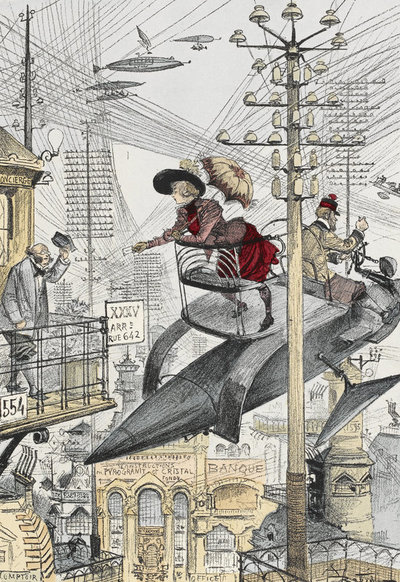
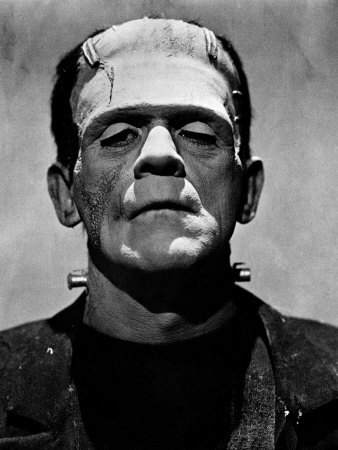
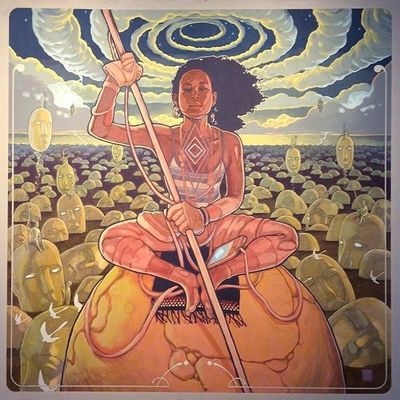
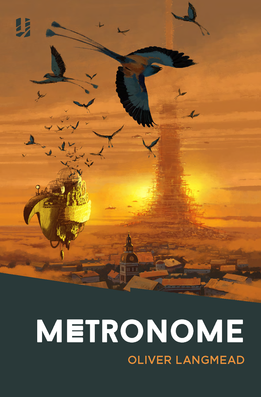
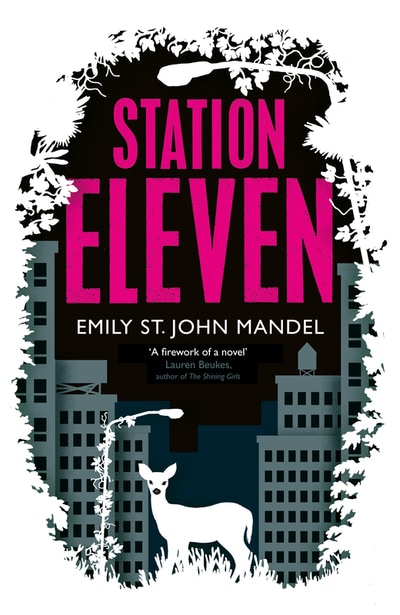
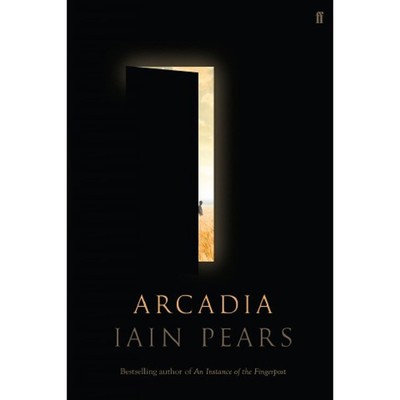
 RSS Feed
RSS Feed
